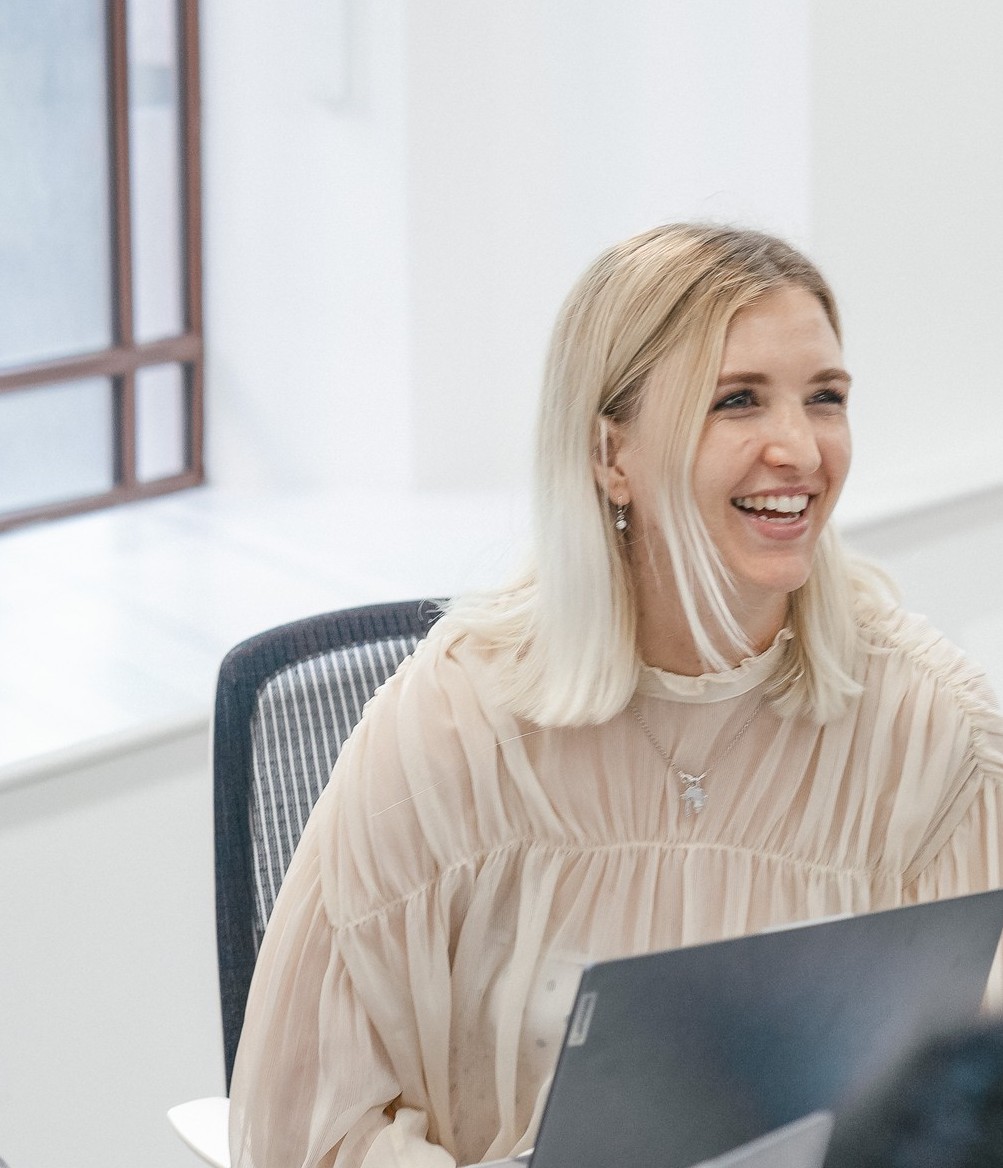
Send us your CV
To quickly send us your details, please fill in the form below.
 2 minutes
2 minutes
 2 minutes
2 minutes

From modest beginnings in Santiago, where she got to witness the impeccable landscape and wi...
From start-ups, to consultancies and FTSE businesses. Our consultants are helping our clients to solve complex challenges and re-imagine the workplace.